AT Study
- →Research & Innovation
- ↓Rotman Research Institute
- →Adjunct and Associate Scientists
- →Labs and programs
- →Post Doctoral Fellows and Research Associates
- ●Innovation, Technology & Design Lab
- →Research strengths
- →Centre for Brain Fitness
- ●Kunin-Lunenfeld Applied & Evaluative Research Unit
- →Research facilities
- ↓Scientists
- ●Hasher, Lynn Dr.
- ●Alain, Claude Dr.
- ↓Levine, Brian Dr.
- ↓Levine Lab
- ↓Participate in Research
- ●AT Study (Portugese)
- ●AT Study
- →NHL Study
- ●Traumatic Brain Injury Rehabilitation
- ●Cognitive Rehabilitation in Multiple Sclerosis
- ●The Role of Genetics in Individual Differences in Attention and Episodic Memory
- →Anderson, Nicole Dr.
- →Stuss, Donald T. Dr.
- ●Mah, Linda Dr.
- ●Binns, Malcolm Dr.
- ●Marziali, Elsa Dr.
- →McIntosh, Anthony Dr.
- ●Buchsbaum, Bradley Dr.
- →Meltzer, Jed Dr.
- ●Chen, Jean Dr.
- →Moscovitch, Morris Dr.
- ●Craik, Fergus Dr.
- ●Olsen, Rosanna Dr.
- →Dawson, Deirdre Dr.
- ●Freedman, Morris Dr.
- ●Gilboa, Asaf Dr.
- ●Ross, Bernhard Dr.
- ●Grady, Cheryl Dr.
- →Ryan, Jennifer Dr.
- ●Greenwood, Carol Dr.
- ●Sekuler, Allison Dr.
- →Strother, Stephen Dr.
- ●Tulving, Endel Dr.
- ●Winocur, Gordon Dr.
- ●Chertkow, Howard Dr.
- ●Addis, Donna Rose Dr.
- ●Herrmann, Bjorn Dr.
- →Scientific Publications
- →Research ethics
- →Alumni
- →Research Training Centre
- →Research news & events
- →Support & services
- ●Collaborations
- ●Accolades & awards
Air Transat Study - Levine Lab
Here you will find background information on the Air Transat Study, details on participating in the study, and the researchers involved in the study.
Participation
We have designed several experiments for which you may be eligible that you can participate in. You are not required to commit to all of the experiments in order to be a part of the study.
The first test session involves paper and pencil tasks, questionnaires and an interview about your medical history. We will also do some computer tests that will help determine if perception of and attention to traumatic events differ from or is similar to that for everyday events. These computer tests will also involve the measurement of simple bodily responses (hand sweating, heart rate, and facial actions). 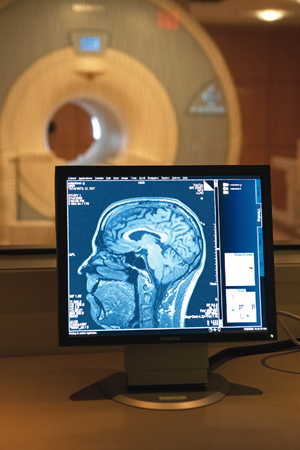
The remaining experiments involve functional magnetic resonance imaging (MRI) scanning. In these experiments, you will view a series of pictures and videos, during which we will be monitoring brain activity. This experiment is designed to to investigate the parts of the brain that are important for remembering and attending to traumatic events. MRI is a safe and painless imaging technique that is in common use in hospitals and research centers. However, not everyone is eligible to participate in MRI studies. We will work with you to determine your eligibility for these studies.
Testing can be scheduled at your convenience. After hours and weekend testing are also available. All information that we collect will be strictly confidential. You do not need to make a decision right now about which sessions you would like to participate in.
You will receive compensation for your participation in each of the studies. Additionally, we will compensate you for any travel expenses. If you are coming from outside of Toronto, we will arrange for hotel accommodations, at our expense. We want to make this as easy as possible for you.
If you have any further questions or concerns, or would like to book an appointment for one of the sessions, please call Namita at 416-785-2500 ext. 3084. We look forward to hearing from you.
Research Team
This research is conducted at Baycrest’s Rotman Research Institute, a leading centre for brain research.
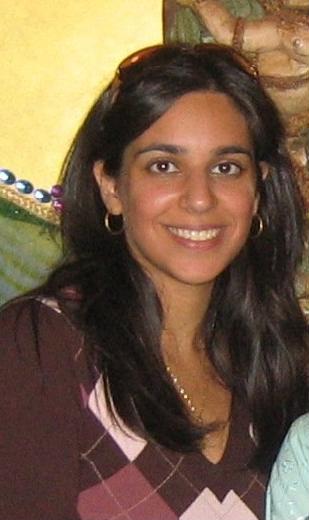 Namita Kumar, M.Sc., study coordinator. As lab manager, Namita assists with many of the lab projects, recruitment and data analysis. She tests participants using neuropsychological measures and functional neuroimaging, with a focus on autobiographical memory.
Namita Kumar, M.Sc., study coordinator. As lab manager, Namita assists with many of the lab projects, recruitment and data analysis. She tests participants using neuropsychological measures and functional neuroimaging, with a focus on autobiographical memory.
 Dr. Brian Levine is a senior scientist at the Rotman Research Institute at Baycrest and professor of Psychology and Medicine (Neurology) at the University of Toronto, is the principal investigator of this study. He is an expert in the field of autobiographical memory.
Dr. Brian Levine is a senior scientist at the Rotman Research Institute at Baycrest and professor of Psychology and Medicine (Neurology) at the University of Toronto, is the principal investigator of this study. He is an expert in the field of autobiographical memory.
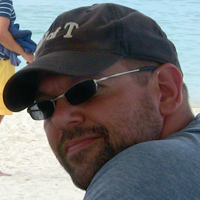 Dr. Adam Anderson is an associate professor of psychology at the University of Toronto, where he holds a Canada Research Chair in Psychology. He is a leading researcher in the field of attention and emotion.
Dr. Adam Anderson is an associate professor of psychology at the University of Toronto, where he holds a Canada Research Chair in Psychology. He is a leading researcher in the field of attention and emotion.
Dr. Margaret McKinnon is a Research Scientist in the Mood Disorders Program at St. Joseph’s Healthcare in Hamilton. She has been involved in the development of these projects from the initial stages.
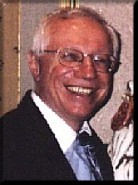 Dr. Morris Moscovitch, Professor of Psychology at University of Toronto, is an international recognized expert in the fields of memory and attention.
Dr. Morris Moscovitch, Professor of Psychology at University of Toronto, is an international recognized expert in the fields of memory and attention.
Dr. Simon Graham is a Scientist at the Rotman Research Institute. He is a functional magnetic resonance imaging (fMRI) physicist interested in expanding the usage of fMRI in basic neuroscience applications and potential clinical applications.
 Dr. Anthony Feinstein is a senior neuropsychiatrist with extensive clinical and research experience in emotional trauma.
Dr. Anthony Feinstein is a senior neuropsychiatrist with extensive clinical and research experience in emotional trauma.
 Rebecca Todd is a post-doctoral fellow at the Rotman Research Institute. Her current research interests include investigating the effects of emotional arousal on the subjective experience of perceptual vividness following traumatic experience, and links between perceptual vividness and emotional memory. She is also interested in the influence of positive emotional states on both perceptual and conceptual processing, and the neural mechanisms underlying such influences.
Rebecca Todd is a post-doctoral fellow at the Rotman Research Institute. Her current research interests include investigating the effects of emotional arousal on the subjective experience of perceptual vividness following traumatic experience, and links between perceptual vividness and emotional memory. She is also interested in the influence of positive emotional states on both perceptual and conceptual processing, and the neural mechanisms underlying such influences.
 Daniela Palombo is a Ph.D. student at the Rotman Research Institute and University of Toronto. She is interested in episodic autobiographical memory using behavioral and functional neuroimaging approaches. She is currently exploring cognitive and neural factors that relate to individual variability in the ability to retrieve episodic details from personal past events.
Daniela Palombo is a Ph.D. student at the Rotman Research Institute and University of Toronto. She is interested in episodic autobiographical memory using behavioral and functional neuroimaging approaches. She is currently exploring cognitive and neural factors that relate to individual variability in the ability to retrieve episodic details from personal past events.
(pics) Katherine Guardhouse is a lab manager in the Affect and Cognition Laboratory at the University of Toronto under the supervision of Dr. Adam Anderson. She did her undergraduate work specializing in psychology through a human biology and scientific perspectives. She is currently assisting and developing fMRI projects focused on mindfulness meditation in depressed populations, and on the relationship of mindfulness and empathy.
Air Transat Study
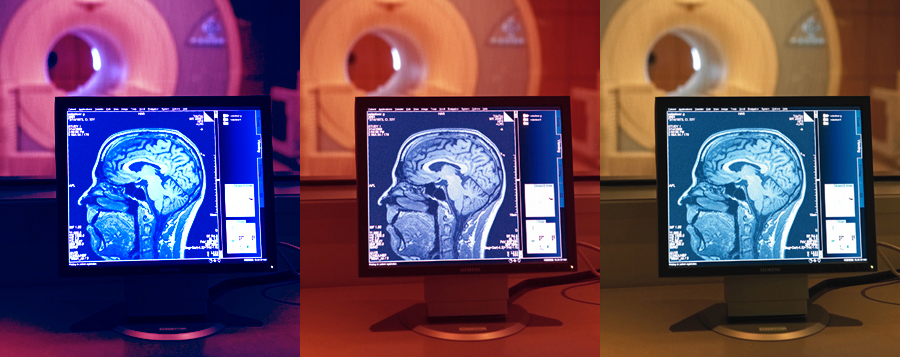
Thank you for visiting the Air Transat Study website. This website is exclusively for people associated with Air Transat flight 236. The purpose of this website is to keep you posted on our studies, which we think are among the most important and exciting of their kind.
Overview
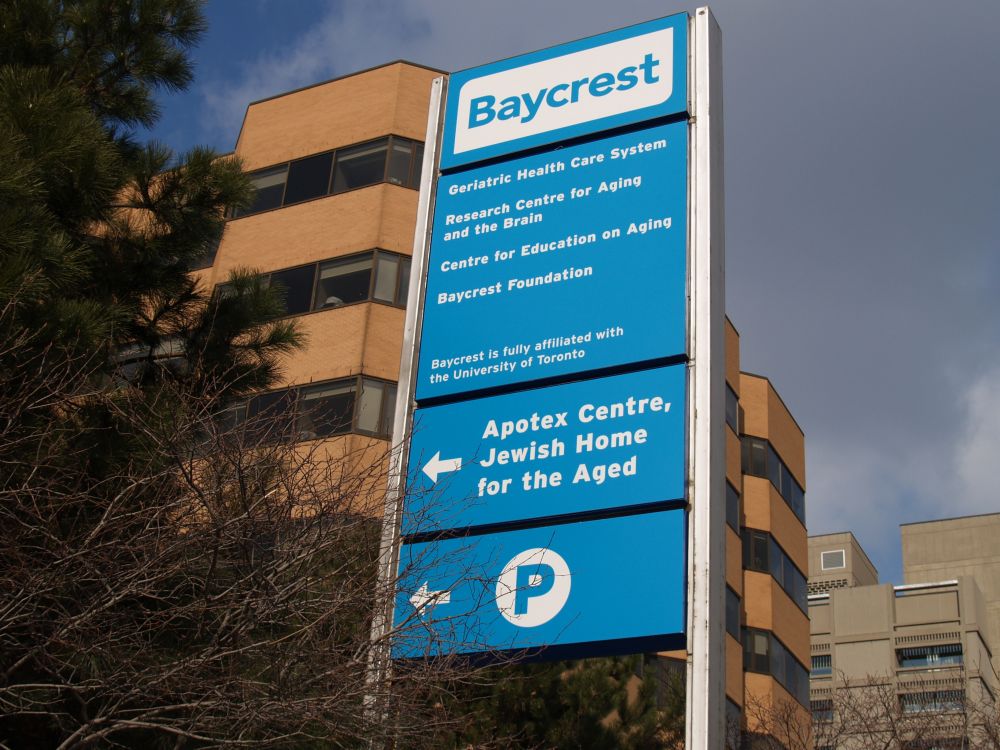 More than half of us will endure highly emotional trauma at some point in our lives. While many people recover, others go on to develop problems such as post-traumatic stress disorder (PTSD). Almost all research on emotional trauma has used participants exposed to different kinds of events, for different amounts of time and of different intensities. The results have been conflicting. For example, some studies have shown that memories of trauma are poor, whereas others have reported high rates of memory accuracy for traumatic events.
More than half of us will endure highly emotional trauma at some point in our lives. While many people recover, others go on to develop problems such as post-traumatic stress disorder (PTSD). Almost all research on emotional trauma has used participants exposed to different kinds of events, for different amounts of time and of different intensities. The results have been conflicting. For example, some studies have shown that memories of trauma are poor, whereas others have reported high rates of memory accuracy for traumatic events.
Passengers from Air Transat Flight 236, however, provide a highly unique opportunity to study the different responses individuals have to the trauma that you experienced on August 24, 2001. This opportunity has been recognized by the Canadian Institutes of Health Research and the U.S. National Institute of Health, who have provided funding for our research.
Thanks to the participation of passengers in our research, we have learned that recall of details about Flight 236 (e.g., thecabin lights were flickering) were highly enhanced relative to other events, particularly in passengers with symptoms of post-traumatic stress disorder. This is an interesting new finding given previous suggestions that people who are exposed to trauma recall very little about these incidents. This research, which is currently in preparation for publication, will be useful in developing treatment approaches aimed at reducing the negative impact of traumatic events on survivors of incidents like Flight 236.
We are now pursuing these findings in a series of studies led by internationally recognized researchers in the area of memory and attention, including Dr. Margaret McKinnon, who, like you, was a passenger on the plane. To read more about the members of the research team, please click here.
Enter your email above to receive electronic messages from Baycrest, including invitations to programs and events, newsletters, updates and other communications.
You can unsubscribe at any time.
Please refer to our Privacy Policy or contact us for more details.
Contact Us:
3560 Bathurst StreetToronto, Ontario
Canada M6A 2E1
Phone: (416) 785-2500
Baycrest is an academic health sciences centre fully affiliated with the University of Toronto
About
- Our story
- Governance
- Accountability & performance
- Accessibility
- Patient safety
- Information & Privacy
- Publications
- The Ombudsperson
- Contact us
- Executive Speakers Bureau
Research
- Research & Innovation
- Rotman Research Institute
- Research Training Centre
- Research news & events
- Support & services
- Collaborations
- Accolades & awards
Educate
- Education at Baycrest
- VP of Education
- Students & trainees
- LRI
- Conferences & seminars
- Tele-education
- Visiting Professors
- Health information
- Insights Into Aging 101
- Smart Aging
- Straight Talk
Give
- About Baycrest Foundation
- Ways to Give
- Our donors
- Events
- Baycrest Foundation Publications
- Contact Baycrest Foundation
Privacy Statement - Disclaimer - © 2016 BAYCREST HEALTH SCIENCE. ALL RIGHTS RESERVED


